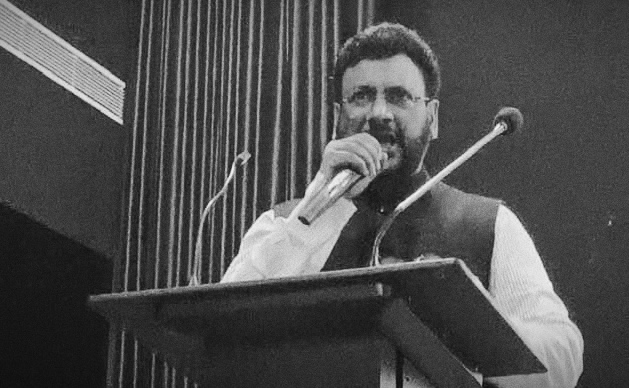Delhi: Shadab Shams, the Uttarakhand Waqf Board Chairman, has made a significant appeal for reform in India. He has called for the government to shut down madrassas and dissolve the Waqf boards, advocating for the implementation of a Uniform Civil Code (UCC). Shams argues that this step is crucial for India’s progression towards becoming a “Vishwa Guru” (global leader). He believes that education should be uniform and modernized to align with the country’s broader vision for progress. Shams’s remarks have sparked widespread debate, with some supporting his views and others opposing them. In addition to advocating for the UCC, Shams also supports the introduction of Sanskrit education in madrasas, stating that it aligns with India’s rich cultural heritage.
The Waqf boards, which are responsible for managing properties donated for religious or charitable purposes, have also been a topic of controversy. Shams argues that these boards have been misused and corrupted, with many properties being illegally occupied and profits being misused. By dissolving these boards, the government can take control of these properties and use them for the betterment of society as a whole.
Shams also draws attention to the need for a Uniform Civil Code (UCC) in India. The country has a diverse legal system that varies according to religion. This lack of uniformity creates confusion and inequality among citizens. The implementation of UCC would ensure equal rights and treatment for all citizens, regardless of their religion. It will also align with the country’s vision of progress and development.
There has been some opposition to Shams’ appeal, with many arguing that madrassas are a crucial part of India’s cultural heritage. However, Shams clarifies that he is not against Islamic education but rather advocates for its modernization and inclusion in the national education system. He also suggests the introduction of Sanskrit education in madrassas, a language that holds significant cultural importance in India.
Furthermore, Shams’ calls for reform align with the government’s efforts towards promoting a more modern and inclusive education system. In recent years, there have been various initiatives taken, such as the New Education Policy, to bring about significant changes in the education system. The implementation of UCC has also been a long-standing topic of discussion in the country.
The appeal for reform by Shadab Shams is not just about abolishing madrassas and dissolving Waqf boards. It is a call for a more unified and progressive India. By modernizing education and implementing a UCC, the country can move towards a more inclusive and equal society.
Moreover, these reforms can also contribute to India’s global standing. As Shams puts it, “a nation cannot become a Vishwa Guru (global leader) if its education system is divided based on religion.” For India to truly become a Vishwa Guru, it must have a unified and modern education system that prepares the youth for the challenges of today’s world.

